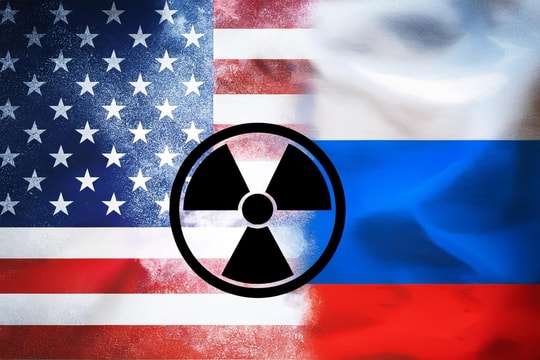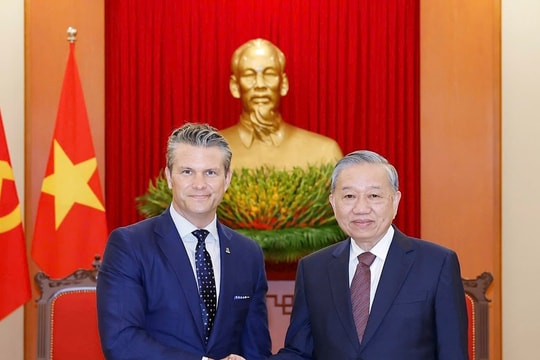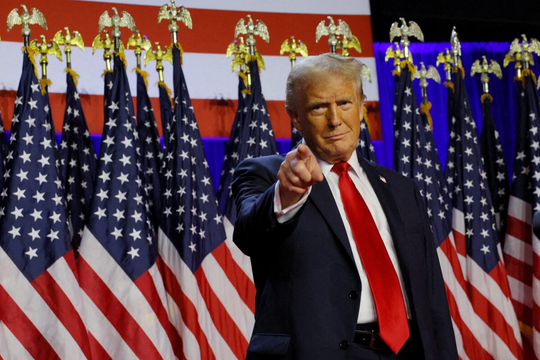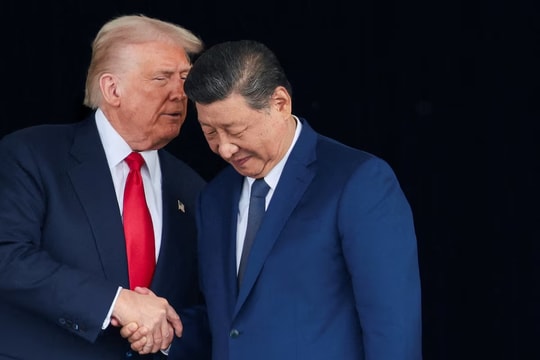US prepares for unilateral action against North Korea
(Baonghean.vn)- According to an article in The Wall Street Journal on July 11, the administration of US President Donald Trump is preparing to unilaterally tighten sanctions against Pyongyang, targeting Chinese companies and banks that Washington believes are funding Pyongyang's weapons program.
In recent days, cabinet-level officials have signaled that the White House is willing to use its power to cut off cash flows to the Kim Jong-un regime, although officials say they still want collective action through the United Nations and with the support of China. North Korea’s ballistic missile test on July 4 will accelerate unilateral US efforts, analysts say.
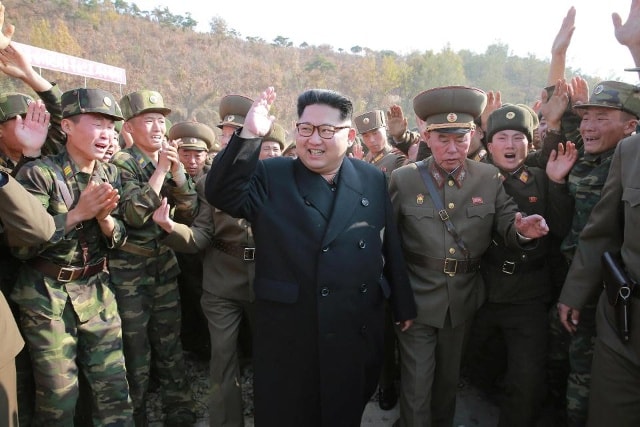 |
| North Korean leader Kim Jong-un reportedly ordered missile launches to be ready within 12 months from December 2016. Photo: Reuters |
North Korea has proven resilient to such pressure over the years, and many experts question whether this time around it will make any difference.
Pyongyang has become adept at evading sanctions, including by disguising its financial and trading companies through Chinese entities. The US itself has virtually no direct ties with North Korea after imposing a series of bilateral sanctions in retaliation for previous nuclear and missile tests.
According to analysts, North Korea's main trading partner, China, also opposes tightening sanctions on its neighbor due to concerns that the collapse of the Pyongyang regime could cause a "flood" of refugees, and because Pyongyang creates a buffer zone for Beijing to deal with US power in Asia.
Because increasing pressure on North Korea would require targeting more Chinese companies, unilateral action is likely to inflame already simmering tensions between Washington and Beijing. It could also complicate Washington’s efforts to give U.S. companies greater access to the world’s most populous country and win Beijing’s support on other international issues.
On July 6, the Justice Department named "overseas USD accounts linked to a network of five companies linked to a Chinese citizen named Chi Yupeng. Among them is one of the largest importers of North Korean goods into China, Dandong Zhicheng Metallic Material Co.
The Justice Department cited several people, including two North Korean defectors, as saying the so-called Chi Yupeng network conducted transactions that helped fund North Korea’s weapons and military programs. The network is not a target of U.S. sanctions, but analysts say it is a vital source of funding that could be cut off in the same way the U.S. targeted another Chinese company last year, Dandong Hongxiang Industrial Development Co. Ltd.
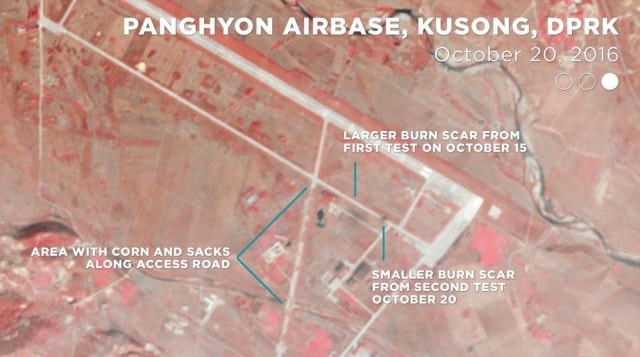 |
| Satellite images show activity at the nuclear test site. Photo: AP |
Analysts believe that nearly 20 Chinese banks accused of laundering money for Dangdong Hongxiang may be targeted. For now, the Chinese Foreign Ministry has not commented on the above information while the US media has not yet approached Mr. Chi Yupeng and Dandong Zhicheng Company.
Even before North Korea conducted its July 4 missile test, the Trump administration had begun looking at ways to tighten sanctions to cut off “any illicit funding to North Korea.” Speaking just days before Pyongyang’s missile test, Treasury Secretary Steven Mnuchin said: “We will continue to review these actions and continue to tighten sanctions.”
Last month, the US Treasury Department said it would debar China’s Bank of Dandong from US financial markets, alleging that North Korea was using bank accounts under false names and conducting financial transactions through banks in China, Hong Kong and Southeast Asia. The Treasury also added two Chinese nationals to its North Korea sanctions list, accused of working for front companies set up to evade existing North Korea sanctions.
Several former US diplomats, including Juan Zarate, the top diplomat on sanctions under the Bush administration, say Washington must increase pressure on Chinese companies and banks.
Some former US officials and analysts say the US has so far been cautious about pushing Beijing too hard, given the other vital geopolitical issues on which the two powers must cooperate. North Korea’s latest missile test changes the administration’s calculus, said Nicholas Eberstadt, a North Korea security expert at the American Enterprise Institute. He predicts the White House will accelerate sanctions against Chinese companies.
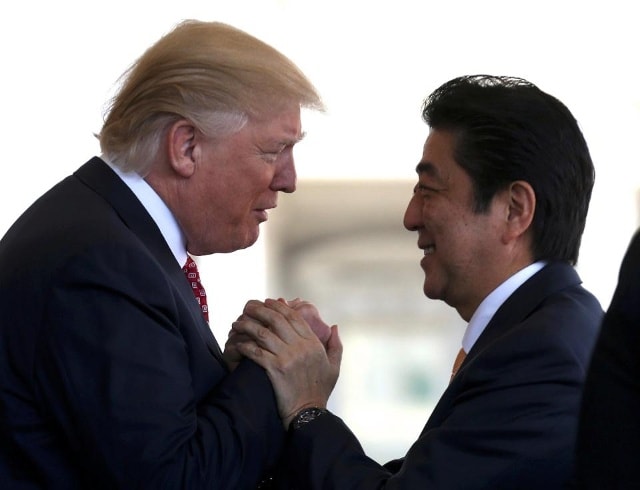 |
| US President Donald Trump and Japanese Prime Minister Shinzo Abe. Photo: AP |
The main goal of the strategy to cut one Chinese bank out of the US financial system is to freeze the transactions of other Chinese institutions. Access to US financial markets and the US dollar is crucial to global trade and finance. But to make this effort more convincing, Mr. Eberstadt said the administration would have to list many other Chinese banks to have a broader deterrent effect.
Analysts and senior officials from the two previous US administrations say the current sanctions regime against North Korea is still "rudimentary" compared to the elaborate sanctions regime against Iran during the Obama administration. It was that US sanctions effort that pushed Iran into crisis, forcing the country to negotiate, although many foreign policy experts question the effectiveness of the agreement the US reached with Iran afterward./.
Lan Ha
(According to the Wall Street Journal)
| RELATED NEWS |
|---|


